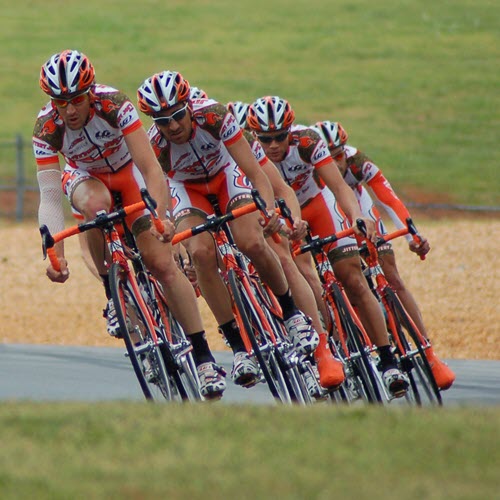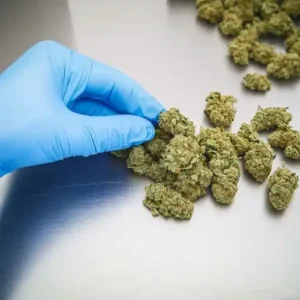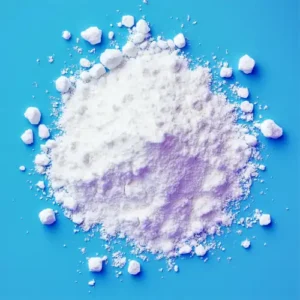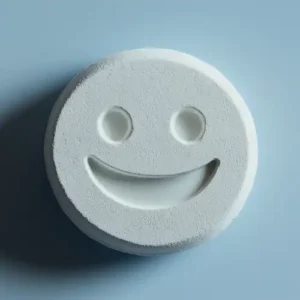Drug Testing, also known as doping control and sample collection, has become a vital part of both protecting and promoting doping-free professional and amateur sports. Sports testing may be limited on a local level, but it has become highly organised on both national and international levels. The worldwide increase in the use of social and recreational drugs has created problems for sports governing bodies and the medical personnel who act as their advisers, so today, any athlete can be drug tested at any time, regardless of whether they are in or out of competition.
During competitions, random drug testing is carried out and all winners are tested. Sometimes it’s only the winning team that’s drug tested and sometimes it’s the top three competitors. Substances tested for include hGH (Human Growth Hormone), anabolic steroids, diuretics, EPO (Erythropoietin), narcotics, and other stimulants commonly used by athletes; while in sports such as gymnastics, archery, and shooting, testing includes additional substances like beta blockers which are prohibited in these sports because they decrease blood pressure and heart rate.
Urine Testing
When an athlete is asked to provide a urine sample, they’re entitled to have a chaperone, such as their team doctor or coach, with them to ensure that testing occurs in accordance with guidelines. The athlete is also invited to select and check both the testing and collection equipment. Urine Drug Testing is commonly carried out in Sport at professional levels.
The urine sample must be provided in full view of an official of the same gender, after which the sample is divided into two bottles, then sealed by the athlete. Attached to the bottle will be a Code Number: this same number will be recorded on the relevant paperwork to ensure the athlete receives the correct result, whilst still remaining anonymous.
The next step is for the athlete to complete a medical declaration stating all medications, substances, and drugs, taken over the past week. It’s imperative that the athlete records absolutely everything, including supplements, over-the-counter medications, and prescribed drugs. Should any of these substances be listed on the prohibited list, the athlete concerned must have a TUE (Therapeutic Use Exemption). The form is then checked for correctness by the athlete, official, and representative, then signed by the official and the athlete, with both parties retaining a copy of the signed form.
If there is no on-site laboratory, the samples will then be sent to a registered laboratory where gas chromatography and mass spectrometry will be used to test Sample A. Gas chromatography is a separation technique used to divide contents of the sample; with mass spectrometry revealing the precise molecular specification of the compounds. Should Sample A deliver a positive result, the athlete will be notified prior to Sample B being tested. The athlete concerned, or their representative, will be invited to attend the unsealing and testing of Sample B. Should the second test also deliver a positive result, the appropriate sporting organisations will be notified. It is their responsibility to determine what penalties or bans should be imposed on the athlete.
Blood Testing
The security and integrity of an athlete’s blood sample is vitally important, which is why there are strict protocols and guidelines to be followed for the collection of blood samples from athletes. Prior to giving a blood sample, the athlete will be asked to choose from several sealed security kits. At that time the athlete is invited to inspect the kit to ensure its integrity, to see that it’s not defective and has not been tampered with. In addition, the DCO (Blood Collection Officer) must be a qualified phlebotomist and wear appropriate medical attire during the collection process.
The athlete concerned, who will always be accompanied by an official, will give two samples of blood which are placed in two bottles; namely A and B. These two bottles will stay in the athlete’s possession until such time as they are sealed tight in their respective security bottles. The lids of these bottles will then be checked by both the athlete and the official to ensure they can’t be opened. Once the bottles are secured, they’re sealed in a clear transport bag ready to be transferred to the testing laboratory. As in urine testing (see above), if Sample A proves to be positive, then Sample B will be tested. Should both samples deliver a positive result, the appropriate governing bodies will be notified.
When athletes are blood tested, the blood count (haematocrit) is tested to detect drugs like EPO and artificial oxygen carriers. Over a period of time an athlete can build up a ‘blood profile’ which can not only be helpful in determining average readings for each individual athlete, but also assist with future blood doping tests. As with urine sampling, the same representative and anonymity procedures apply.
Olympic Anti-Doping: Paris 2024
The upcoming 2024 Olympic Games in Paris will feature one of the most comprehensive anti-doping programmes to date. Building on previous efforts, the Paris 2024 organisers are implementing several key initiatives:
- Over 1,000 personnel will be involved in anti-doping operations, including 800 chaperones to notify and accompany athletes through the testing process.
- Each competition venue will have a dedicated anti-doping control space staffed by trained sample collection personnel.
- The French anti-doping laboratory (LADF) is tripling its staff to 120 people to handle the increased volume of analyses during the Games.
- Advanced equipment for sample storage and analysis will be provided by Thermo Fisher Scientific, an official supporter of Paris 2024.
- Educational materials on anti-doping regulations and athletes’ rights will be available at all doping control stations.
- Volunteer training includes a dedicated module on anti-doping awareness.
These measures reflect a collaborative effort between the International Olympic Committee, World Anti-Doping Agency, International Testing Agency, and local organisers to ensure fair competition and protect athletes’ health. By incorporating the latest technologies and expanding testing capabilities, Paris 2024 aims to set a new standard for Olympic anti-doping programmes.
Best Urine Drug Test Kits
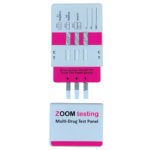
3 Panel Drug Test for Cannabis, Cocaine & Speed
£4.99
Add to cart
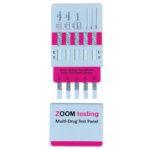
5 Panel Drug Test
Original price was: £5.99.£4.99Current price is: £4.99.
Photo by James Thomas on Unsplash
This post was originally published in 2019. It was last updated in August 2024.
Zoom Testing is a leading UK drug testing company and a supplier of Drug Test Kits.

